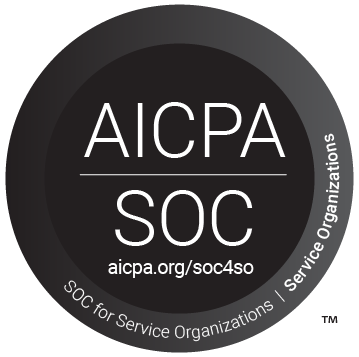The fallout from the coronavirus pandemic has created considerable uncertainty in the commercial real estate industry, both about current conditions and prospects going forward. This is especially true where investors and managers have limited information about their firm’s finances. Many are flying blind, speculating on where things are rather than knowing for sure.
Unfortunately, while not having enough data about the health of your business can be problematic in normal times, the challenge is that much greater when the need to optimize liquidity and cash flow has become critical—like now.
Indeed, many operators are getting squeezed from all sides amid heightened coronavirus infection rates and stay-at-home mandates: revenues have been pressured as some tenants go under or stop paying rent, while increased spending on labor and personal protection equipment has pushed up expenses.
Small may not be beautiful
Making matters worse, many smaller operators, in particular, are finding that they are way behind the curve when it comes to monitoring conditions on the ground.
In some cases, the problem stems from insufficient staffing, especially at firms where employees wear many hats. It can also reflect a pressing need to focus on strategic issues, including new opportunities and looming threats, as well as ensuring that acquisition and development efforts remain in sync with the changing times.
Either way, not having a solid and timely handle on key metrics—income and expenses, cash flow, and assets and liabilities—can have a far-reaching effect on the business as a whole, undermining efforts to keep things moving forward.
The outsourcing advantage
Recognizing this, a growing number of firms with a CRE focus, including private equity managers and smaller REITS, are engaging third-party accounting and information-reporting providers to gain a comprehensive, real-time picture of their finances. This enables them to readily pinpoint problems, optimize liquidity, devote sufficient time and effort to core strengths, and drive long-term growth.
Other factors behind the shift toward outsourcing these functions include the need to:
- Reduce expenses. The compensation and related infrastructure costs associated with in-house accounting and reporting can be significantly greater than leveraging the fixed-cost structure of an external advisory firm.
- Keep close tabs on asset values and financial performance. With up-to-the-minute data on how properties and portfolios are doing, you can make better and faster decisions.
- Strengthen record-keeping, reporting, and financial controls. When you engage a team of accounting professionals with real estate industry expertise, you gain access to best-practice methodologies and can better mitigate fraud and other risks.
- Stay on top of taxes—and tax laws. Failing to remain compliant with payment deadlines and an increasingly complex, ever-changing tax regime can be hazardous to your firm’s financial wellbeing.
Of course, there is no one-size-fits all strategy that can ensure success, especially in the face of an unprecedented global pandemic. But one thing seems certain: not having accurate, comprehensive and timely information at your fingertips is a major risk to your business, regardless of the circumstances. Find out how we can help you, contact us today.

